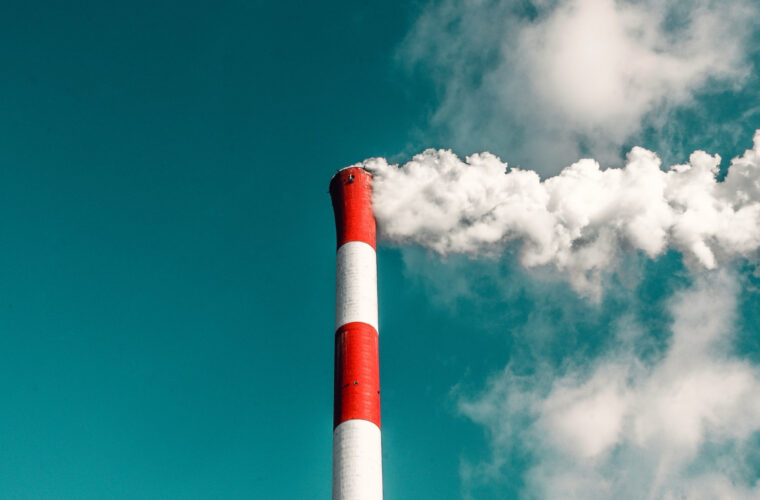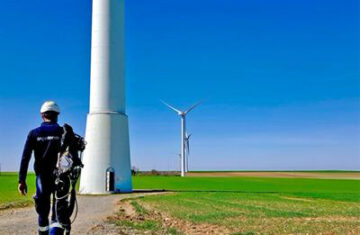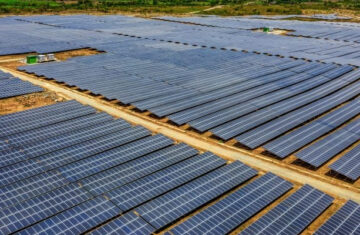The European Commission has released its 2024 Climate Action Progress Report, revealing a remarkable 8.3% decrease in net EU greenhouse gas (GHG) emissions for 2023 compared to the previous year. This marks the largest annual reduction in decades, aside from the 9.8% drop observed in 2020 due to the COVID-19 pandemic. Currently, net GHG emissions are 37% below 1990 levels, while the EU’s GDP has grown by 68% over the same period, showcasing the successful decoupling of emissions from economic growth. The EU is on track to meet its target of reducing emissions by at least 55% by 2030.
Key Findings from the Report
- Record Decrease in ETS Emissions: Emissions from power and industrial installations under the EU Emissions Trading System (ETS) saw a significant 16.5% reduction in 2023. ETS sector emissions are now approximately 47.6% below 2005 levels, moving towards the -62% target for 2030.
- Growth of Renewable Energy: Emissions from electricity production and heating fell by 24% compared to 2022, primarily driven by the expansion of renewable energy sources, particularly wind and solar, alongside a shift away from coal.
- Aviation Emissions: In contrast, aviation emissions increased by 9.5%, continuing the upward trend seen post-COVID.
- Revenue Generation: The EU ETS generated €43.6 billion in 2023 for climate action investments, with €7.4 billion allocated to the Innovation Fund and the Modernisation Fund.
- Sectoral Emission Reductions: Emissions from buildings, agriculture, domestic transport, small industry, and waste decreased by around 2% in 2023, with the buildings sector leading the charge with a 5.5% reduction.
Natural Carbon Sinks and Climate Challenges
The EU’s natural carbon sink increased by 8.5% in 2023, reversing a decade-long decline in the Land Use, Land Use Change and Forestry (LULUCF) sector. However, further efforts are necessary to meet the 2030 targets amidst ongoing climate challenges.

Despite these positive developments, the past year has been marked by severe climate-related events, including record wildfires, extreme flooding, and increasing temperatures. The Commission has emphasized the need for climate risk management at all governance levels to prioritize policy decisions effectively.
International Engagement and Future Goals
The EU has been actively engaging with international partners to enhance global climate action, notably at COP28 in Dubai. There, parties concluded the first Global Stocktake under the Paris Agreement, which included commitments to accelerate action by 2030, transition away from fossil fuels, and triple global renewable energy capacity.
As the leading contributor to global public climate finance, the EU and its Member States, collectively known as Team Europe, account for about one-third of global climate finance efforts. Continued international collaboration will be crucial as the EU strives to meet its 2040 and 2050 goals for net-zero emissions.
Suggested Sources
- [European Commission Climate Action Reports]
- [EU Emissions Trading System (ETS)]
- [International Renewable Energy Agency (IRENA)]



